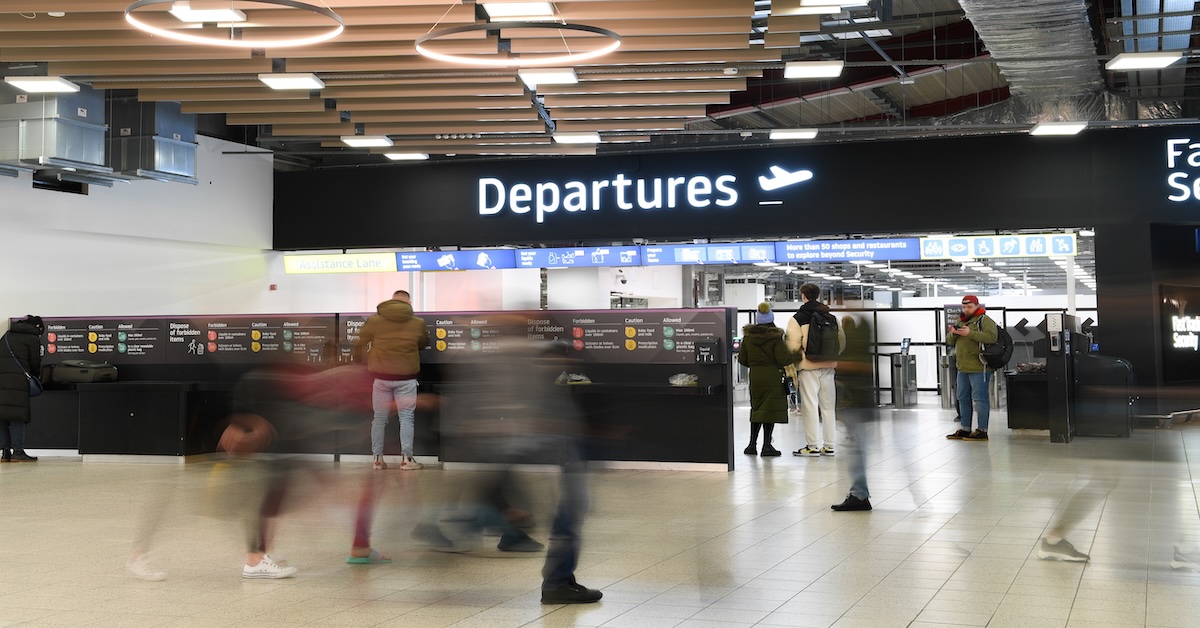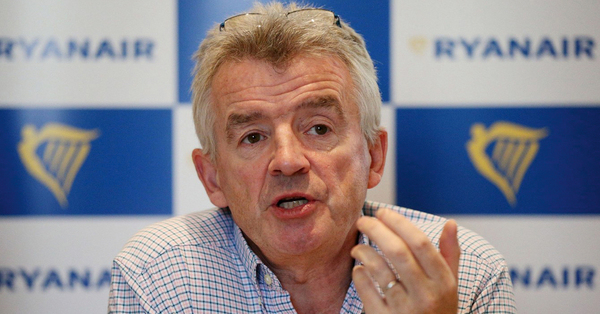Iata welcomes EC standpoint on access for vaccinated travellers

Iata has welcomed a commitment by the president of the European Commission to allow unrestricted access to the EU for vaccinated travellers from the US.
In an interview with The New York Times, Ursula von der Leyen said America’s use of vaccines authorised by the European Medicines Association meant that those who were fully vaccinated would be able to visit the bloc when wider restrictions are lifted.
Willie Walsh, Iata director general, said the comments “gave hope for many reasons” and urged the EC to work with the aviation industry on benchmarks and timeframes for all countries using EMA-approved vaccines.
He said: “This is a step in the right direction. It gives hope to people for so many reasons – to travel, to reunite with loved ones, to develop business opportunities or to get back to work. To fulfil that hope, details of the EC’s intentions are essential.
“To be fully prepared, it is imperative that the EC works with the industry so that airlines can plan within the public health benchmarks and timelines that will enable unconditional travel for those vaccinated, not just from the US but from all countries using vaccines that are approved by the European Medicines Association.”
He added: “Equally critical will be clear, simple and secure digital processes for vaccination certificates. The Iata Travel Pass can help industry and governments manage and verify vaccination status, as it does with testing certificates.
“But we are still awaiting the development of globally recognised standards for digital vaccine certificates. As a first step, it is vital that the EU accelerates adoption of the European Green Certificate. President von der Leyen’s comments should add urgency to this work.”
Despite welcoming the comments, Walsh reiterated that testing should also play a role in opening borders, with travel not limited to those who had been vaccinated.
He said: “The freedom to travel must not be restricted to only those who have access to vaccinations. Vaccines are not the only way to safely re-open borders. Government risk-models should also include Covid-19 testing.”
You have viewed both of your 2 free articles this month as an unregistered user
To continue reading, please register with Travel Weekly free of charge, or if you have already registered click here to login

















